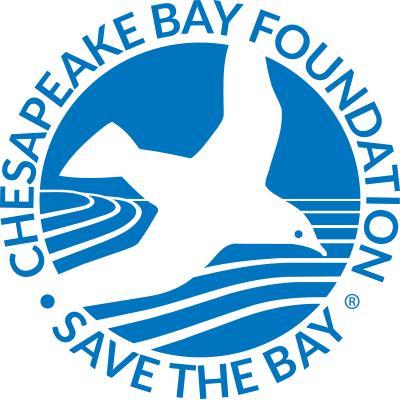
Chesapeake Bay Foundation : Podcasts
Follow the Bay through the seasons with this podcast library. Topics include water quality, conservation, oysters, sustainable practices, pollution, renewable resources and energy, local species, and more!

Follow the Bay through the seasons with this podcast library. Topics include water quality, conservation, oysters, sustainable practices, pollution, renewable resources and energy, local species, and more!
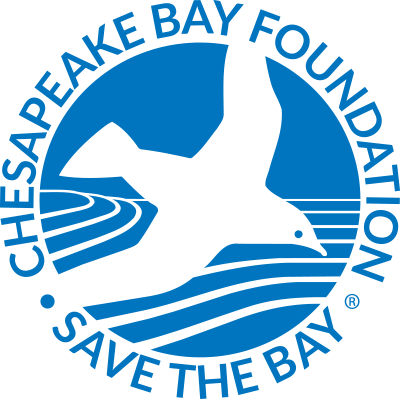
How is your schoolyard doing? Is it helping the Chesapeake Bay, or is it contributing to the Bay’s current condition? Follow this Report Card and find out…
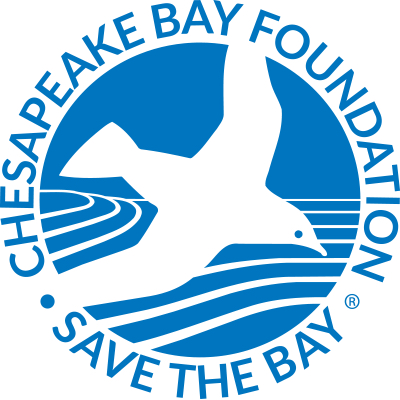
Downloadable instructions from the Chesapeake Bay Foundation on how to build your own rain garden! Add a colorful habitat to your school yard while keeping sediment from choking local streams
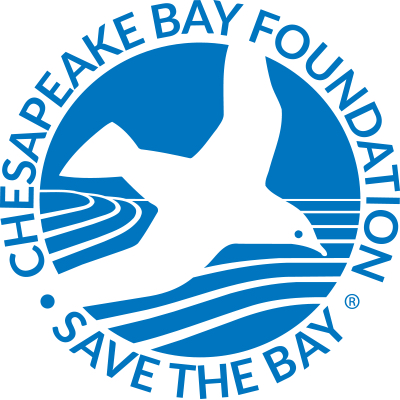
Downloadable instructions from the Chesapeake Bay Foundation on how to build your own rain barrel. Capture rainwater from downspouts to reduce runoff and have a water source during droughts using

Explore green education opportunities including fundraiser car washes, recycling at school, pledge to be a green classroom, green learning education guides and more!
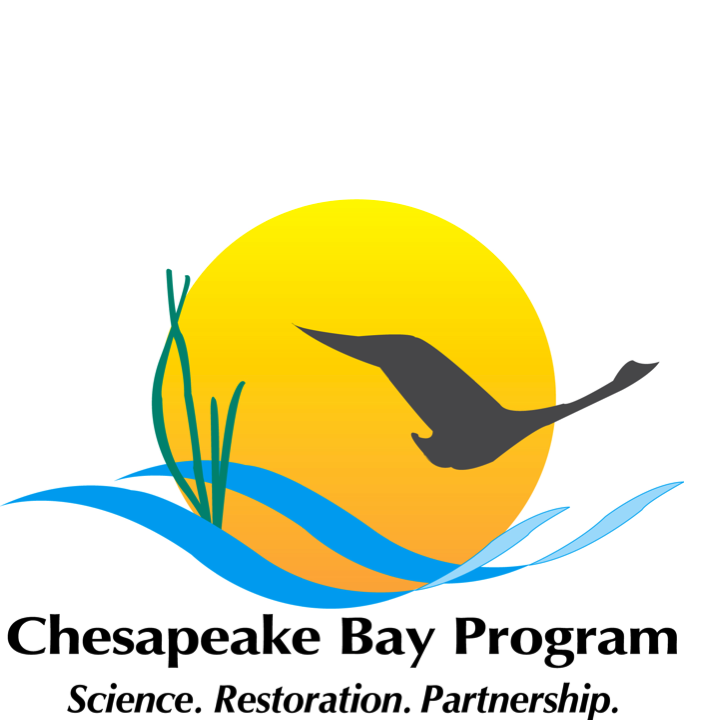
This is a guide to estuary basics entitled ‘Introduction to an Ecosystem’. Learn about the Bay ecosystem, its geology, water and sediments, habitats, living resources and biological communities, food production
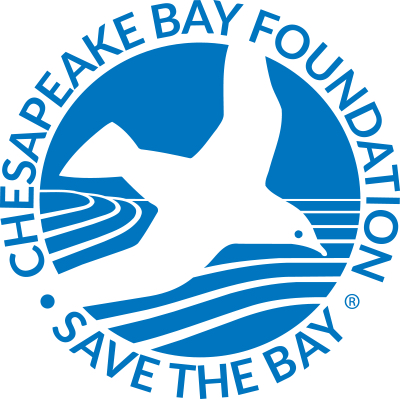
An environmental awareness club will thrill and excite your students as they learn about habitats, animals, outdoor spaces, and vegetation in the Chesapeake Bay region. This document will help you
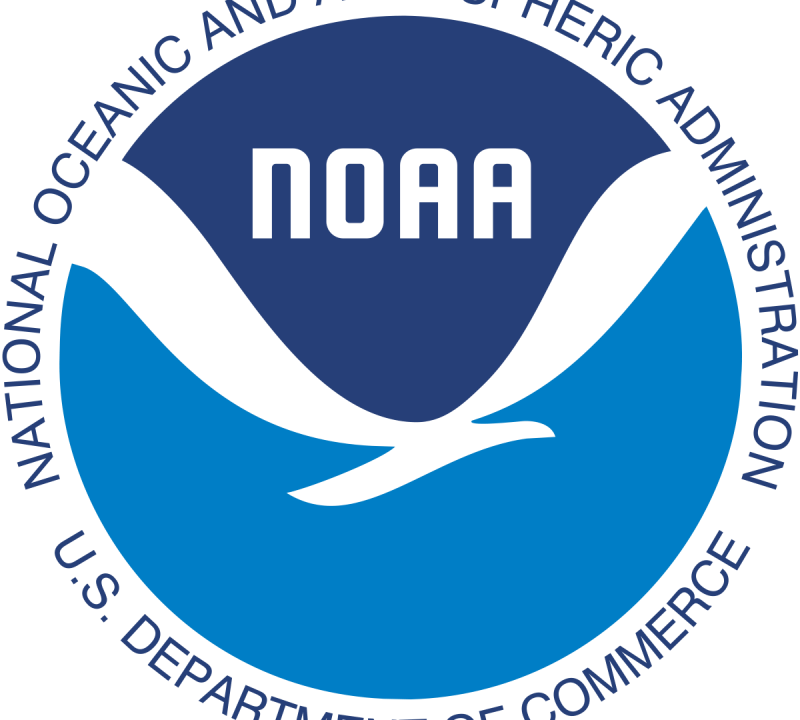
An Educator’s Guide to the Meaningful Watershed Educational Experience (MWEE), commonly referred to as the MWEE Guide, is designed for users with varying levels of familiarity with the MWEE. It
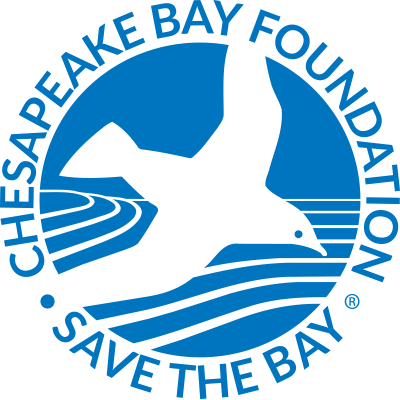
Series of classroom investigative guides and interactive maps using ArcGIS. Discusses water quality through data analysis, creating graphs, analyzing results, and coming to a conclusion.
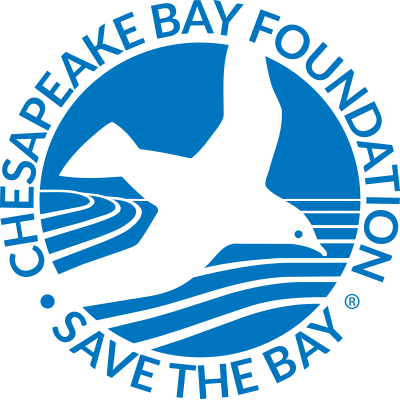
An in-depth variety of maps featuring different angles and topics on the Chesapeake Bay’s 64,000 square miles. Categories include geography, pollution, land use, aquatic life, and economic importance.
Notifications